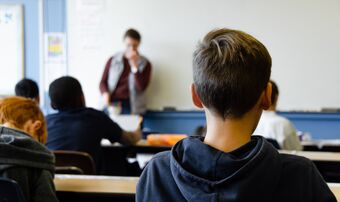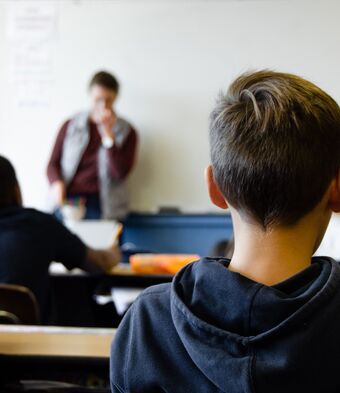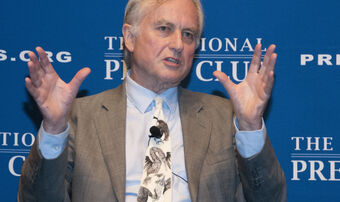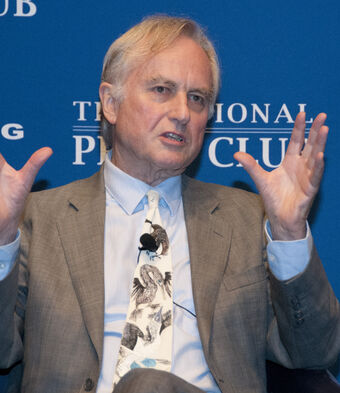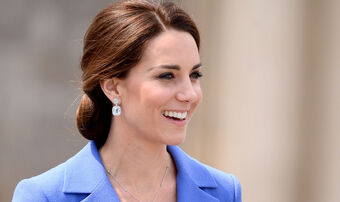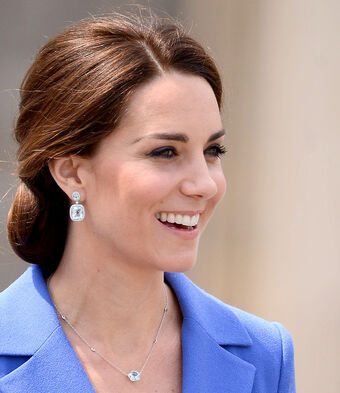Kate Middleton, conspiracy theories, and lessons for an election year

James Mildred
Kate Middleton, conspiracy theories, and lessons for an election year
Earlier this week my wife was travelling on a train when she overheard an animated conversation about the Princess of Wales. A group of young women were speculating about her absence from public life. One claimed to ‘know someone’ who ‘knew’ about the Prince of Wales’ ‘serial adultery’ and that Kate had been placed in a mental health institution.
To be clear, there is no evidence for either of these or even more outlandish stories that have spread like wildfire across social media in the last couple of weeks. Despite no credible evidence whatsoever, idle speculation has turned into conspiracy theories that have been circulated and ‘liked’ tens of millions of times.
I do not want to give any credence to such stories or trends. Yet when the mainstream media begin to report on these matters we cannot ignore the warning these stories hold for the nature and content of discourse across the public square, and the dangers this holds, particularly in an election year.
Let me suggest three standards that Christians must advance as the foundation of our common life together, that stand as a challenge and in contrast to the gossip and rumours about the Prince and Princess of Wales and similar stories.
In here
In here
